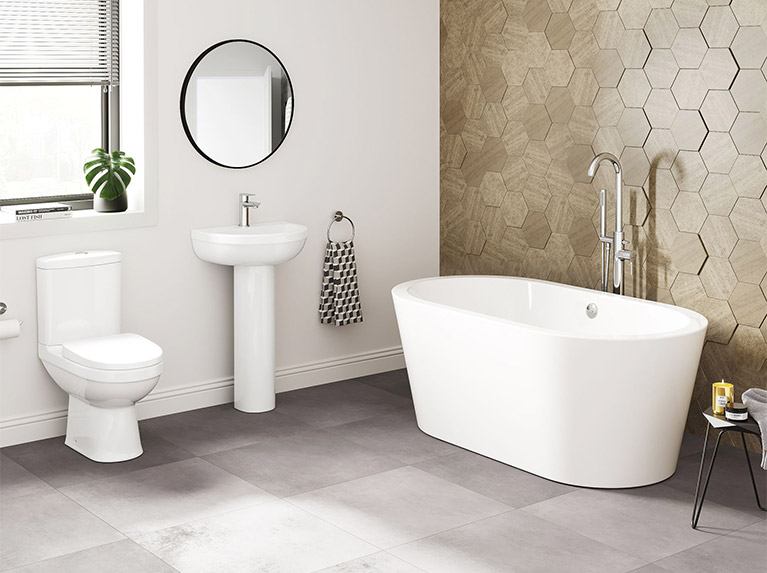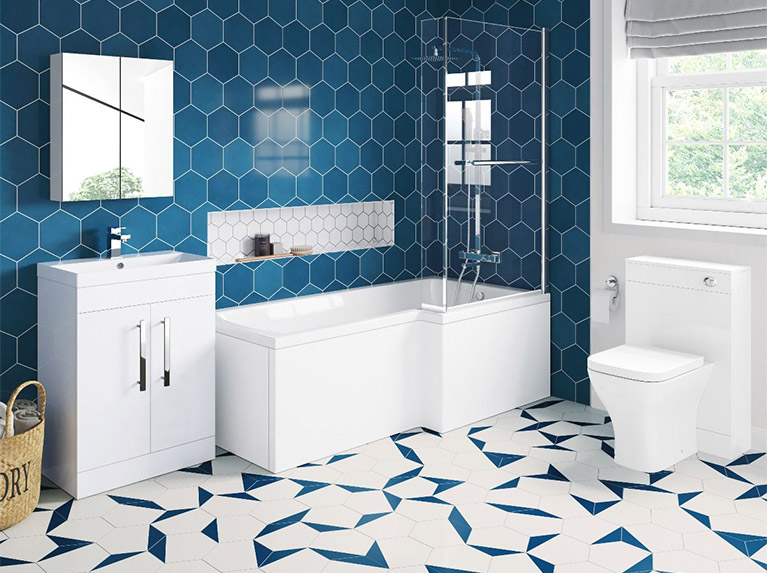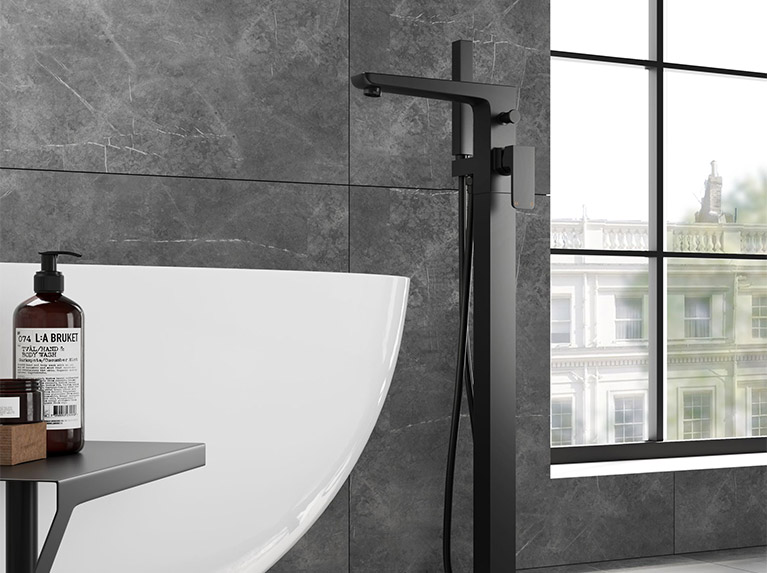You might not give a second thought to the water that runs throughout your home, but there are distinctions between hard and soft water that can really make a difference!
Hard water is determined primarily by the high levels of minerals like calcium and magnesium, whereas soft water tends to contain higher concentrations of sodium, or salt.
How can you tell if water is hard or soft?
According to Healthline.com, “You can’t usually tell by looking at water whether it’s hard or soft. Sometimes the feel of water and what it does to items in your dishwasher or washing machine can be a tip-off.”
| Hard water | Soft water |
| Feeling a film over your hands when you wash them (caused by the reaction of soap and calcium) | A healthy lather when washing clothes, dishes and hands |
| Mineral stains on clothes from the washing machine | Clothes that are cleaner, with no mineral stains and less wear and tear damage |
| Less water pressure in your home | Healthy water pressure |
| Spots appearing on glasses or silverware from the dishwasher | A slight sodium taste in drinking water, though in many cases a difference in taste will be indetectable |

What are the effects of hard water?
Benefits
As hard water contains calcium and magnesium, it can help you get your recommended daily dose of these minerals
There is also a belief that hard water can have cardiovascular benefits
Drawbacks
Hard water may cause dry skin and hair – washing your hair frequently can leave your scalp feeling itchy
The minerals in hard water can also cause a change in the PH balance of your skin, which can weaken it as a barrier against harmful bacteria and infections
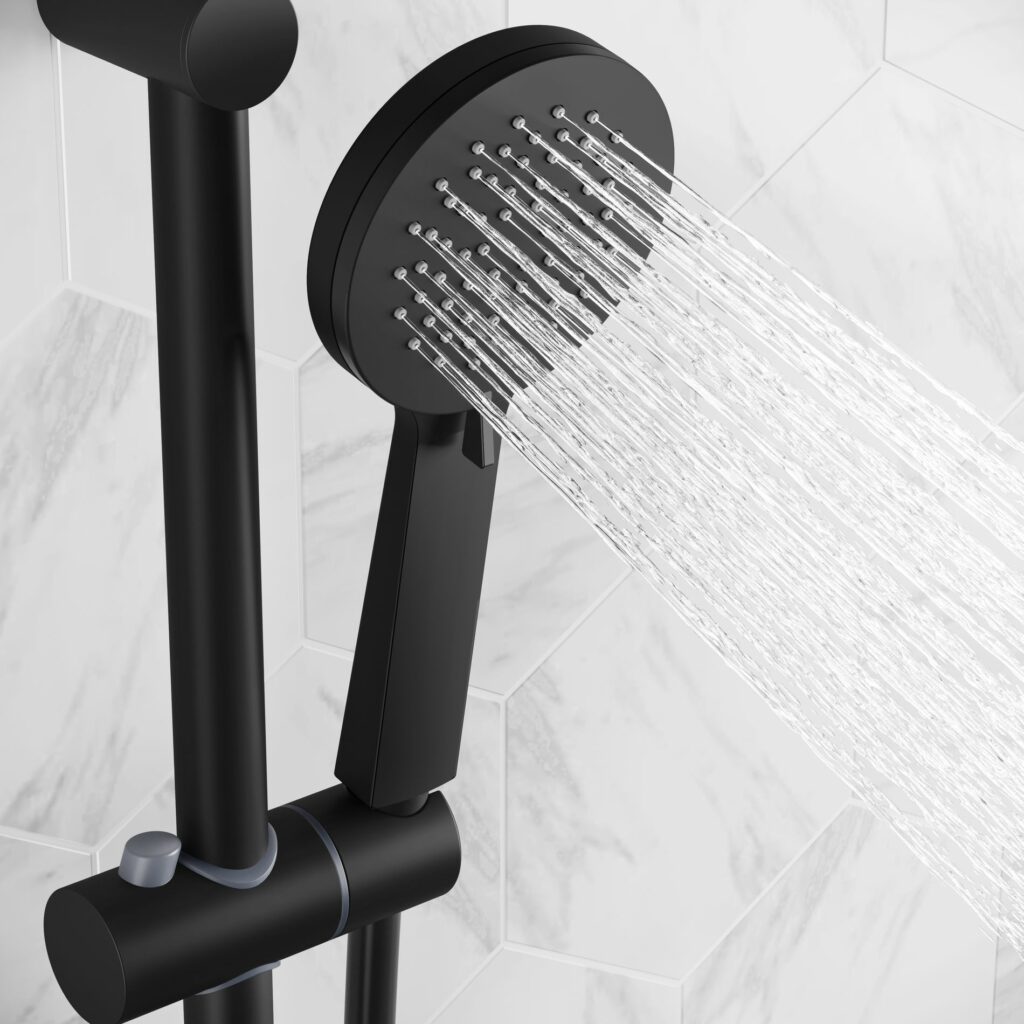
Above, Lismore Matt Black Round Thermostatic Bar Shower Set
What are the effects of soft water?
Benefits
Soft water is much more gentle on the skin and hair, leaving it softer and more moisturised
It’s also preferred for cleaning as it doesn’t leave mineral stains on clothes or cause soap scum to form when washing up
Drawbacks
If your diet typically contains a high enough source of calcium and magnesium, then there is likely to be little concern in consuming fewer of these minerals
The higher sodium content in soft water could be a concern for those with high blood pressure, as the sodium can cause a rise in blood pressure
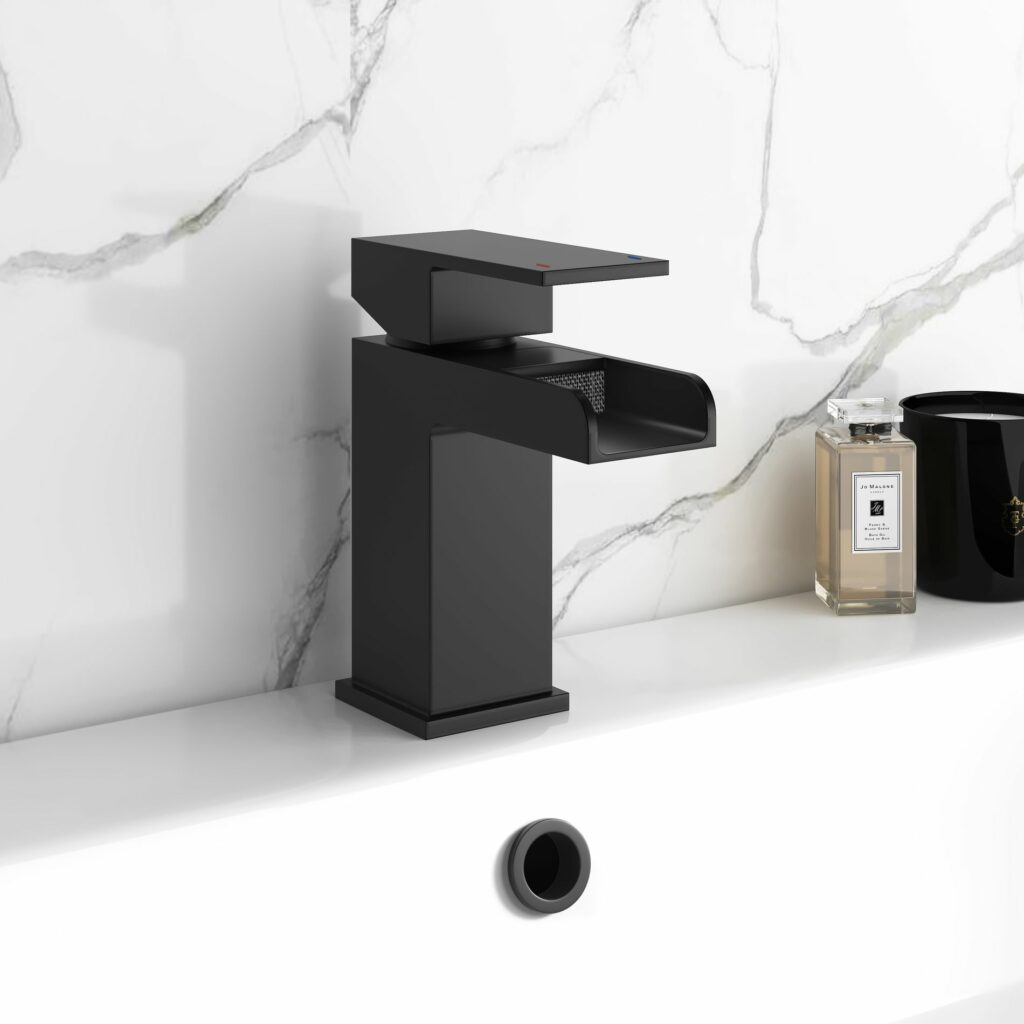
Above, Avon Matt Black Waterfall Basin Mixer Tap
What is water softening?
Water softening works by running hard water through a resin that’s coated with positively charged sodium ions which essentially replace the magnesium and calcium in the water. These systems require ongoing maintenance, with the sodium pellets needing to be re-added in order to keep the resin electrically charged.
Make sure to maintain the system, keeping it clean so to prevent the formation of bacteria and fungi to keep your water safe. If your house has an old, untreated plumbing system, make sure to get it checked before installing a water-softening system, as the pipes could cause some harmful contaminants such as lead.
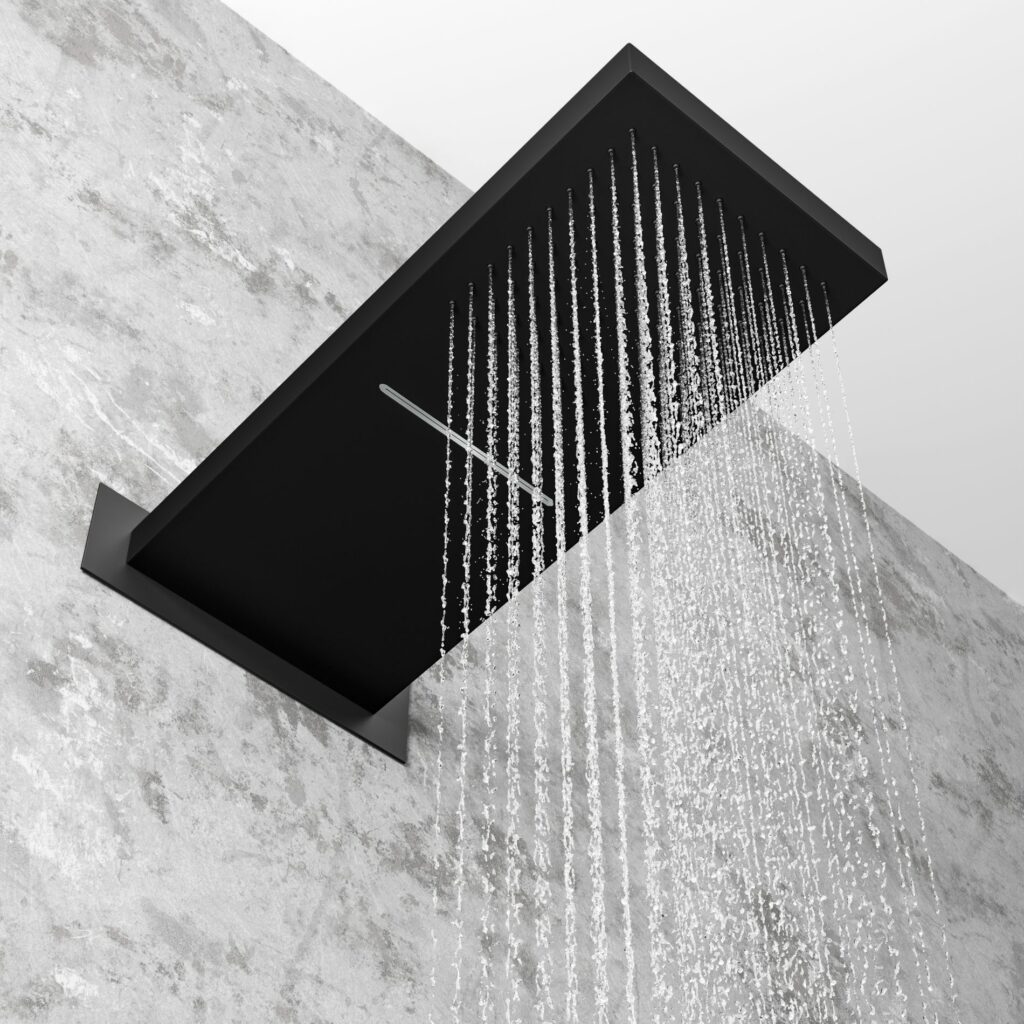
Above, Galway Premium Matt Black Square Thermostatic Waterfall Shower Set




